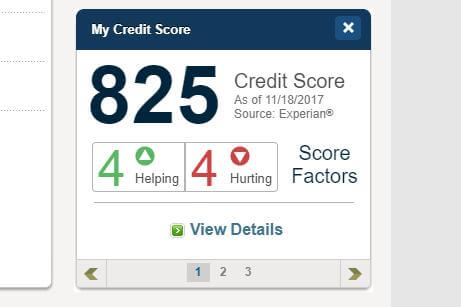Myths abound: That gum you just swallowed will not take seven years to digest. And contrary to my grandmother’s wisdom, alcohol does not actually keep you warm.
The world of credit and credit scoring is not without its own set of myths.
Here, I’ll highlight a few I run into on a regular basis while interacting with USAA members.
You Must Carry A Balance To Get The Best Credit Score
To have a good score, you must responsibly use credit, but that doesn’t mean you need to carry a balance. In fact, part of your score is based on the amount of credit you have available but aren't using, so try to keep your credit card balances low. Zero is best, but aim for less than 20% of your total available credit limit.
Closing Old Accounts Will Sink Your Score
But not for the reason you might think. A long credit history is important, but a closed account won’t just disappear from your record. It will reflect on your score for years to come. On the other hand, closing an account, old or new, could immediately hurt your all-important utilization ratio (total debt divided by total available credit).
Checking Your Credit Report Is A Downer
Actually, it’s a good thing. Get in the habit of keeping an eye on your credit report and score. Look for fraudulent activity and dispute errors. When you check your score, it’s considered a soft inquiry, like a background check. It won’t ding your score like applying for a loan or credit card will.
More Accounts Means A Lower Score
Not exactly. Applying for several lines of credit and loans within a short period can hurt your score, but using a mix of different types of loans (installment, revolving and mortgage) is good for your rating.
More Income Means A Higher Score
What you earn is not even part of the formula for determining a credit score. I’m not saying a bigger paycheck isn’t great, but it’s not necessarily a reflection of how you handle credit. I’ve worked with plenty of people with lots of income and a poor grip on their debt. So, while a better debt-to-income ratio may improve the chance you’ll get a loan, it’s not reflected in your credit score.
Your Score Is Your Score
Different databases, different company’s scoring engines, models built for different purposes (general, auto, mortgage, etc.) and different versions of the same models are all reasons why you can have dozens of different credit scores.
By dispelling these credit myths, you can make an improved credit score a reality.









